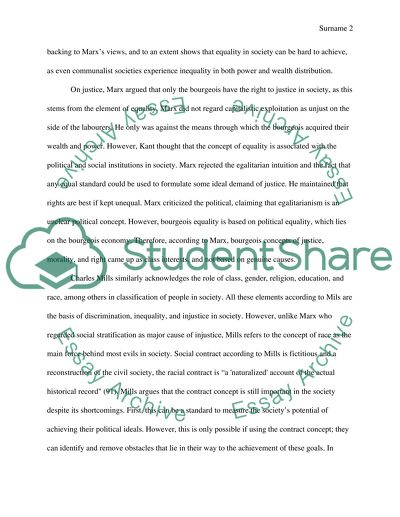Cite this document
(“Freedom,equality,justice Essay Example | Topics and Well Written Essays - 1250 words”, n.d.)
Retrieved de https://studentshare.org/philosophy/1465522-freedomequalityjustice
Retrieved de https://studentshare.org/philosophy/1465522-freedomequalityjustice
(Freedom,equality,justice Essay Example | Topics and Well Written Essays - 1250 Words)
https://studentshare.org/philosophy/1465522-freedomequalityjustice.
https://studentshare.org/philosophy/1465522-freedomequalityjustice.
“Freedom,equality,justice Essay Example | Topics and Well Written Essays - 1250 Words”, n.d. https://studentshare.org/philosophy/1465522-freedomequalityjustice.


